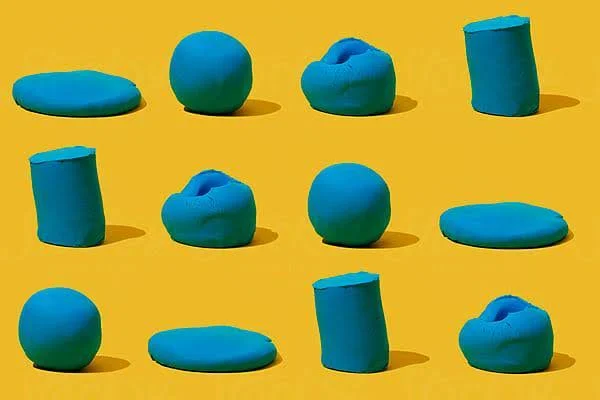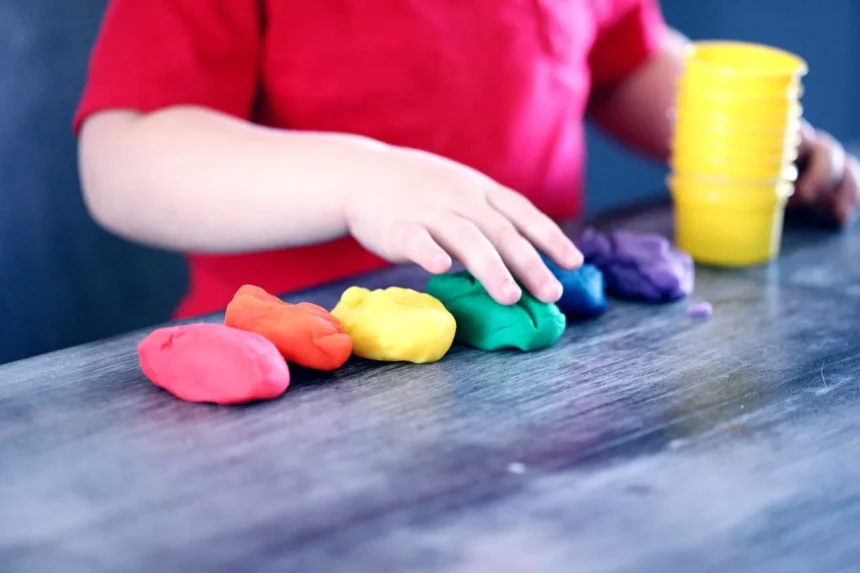When starting a business, you don’t just purchase items you want to sell. You must learn more about its kinds, types, and quality considerations. For example, if you start selling bulk polymer clay, this article can help you know more about the product.

Different Polymer Clay Varieties
Polymer clay stands as a versatile medium for countless creative applications. Yet, not all formulations serve the same purpose.
Soft clay blends offer superior malleability right out of the package. They require minimal conditioning before use. This makes them ideal for businesses focused on beginner workshops or children’s crafting events. Their pliability reduces hand fatigue during extended sculpting sessions.
Firm clay varieties hold their shape better during detailed work. They resist fingerprints and maintain crisp edges. Consider these for professional studios, jewelry makers, or educational institutions teaching advanced techniques. The learning curve proves steeper, but the results often warrant the extra effort.
Specialty clays address specific needs. Some formulations include mica particles that create pearlescent effects. Others mimic natural materials like stone or wood. Translucent varieties allow light to pass through, creating unique visual depth. These specialized options command higher prices but deliver distinctive, impossible results with standard formulations.
Essential Quality Factors
Color range matters significantly in bulk purchasing decisions. Some brands excel in vibrant primaries, while others offer subtle earth tones or pastels. Evaluate your production needs before committing to a particular manufacturer’s palette.
Flexibility after curing impacts product durability. Some clays remain slightly bendable after heat setting. Others cure to a rigid finish. Match this characteristic to your end products. Jewelry pieces benefit from flexibility to prevent breakage. Decorative items often require structural rigidity.
Curing requirements vary widely between brands. Some need precise temperature control, while others prove more forgiving. Consider your workshop setup. Limited oven capacity might necessitate clays with shorter baking times to maintain production schedules.
Bulk Packaging Options
Block packaging provides the most economical option for large-scale production. These uniform units allow precise inventory management. However, they typically offer a limited color selection within single packages.
Slab formats present an intermediate option. They provide more material than individual blocks while maintaining some portion control. Their flat shape facilitates storage in limited spaces.
Pre-mixed color packs balance convenience with variety. These curated selections eliminate the need for custom blending. They work particularly well for businesses offering standardized product lines or instructional kits.
Wholesale Considerations for U.S. Businesses
Domestic vs. imported suppliers present different advantages. U.S.-based manufacturers often provide faster shipping and simplified communication. International sources might offer lower unit costs but require navigating import procedures.
Minimum order quantities can significantly impact cash flow. Some suppliers require substantial initial investments. Others allow smaller trial orders before full-scale commitments. Match these requirements to your production volume and storage capacity.
Lead times affect production planning. Domestic suppliers typically offer quicker fulfillment. International orders require additional scheduling allowances. Develop relationships with multiple sources to prevent material shortages.
Key Takeaways
Finding the right polymer clay partnership requires balancing multiple factors. Quality, consistency, and supplier reliability ultimately determine your product success. Take time to test samples before committing to large-scale purchases. The perfect match creates a foundation for creative excellence and sustainable business growth.





